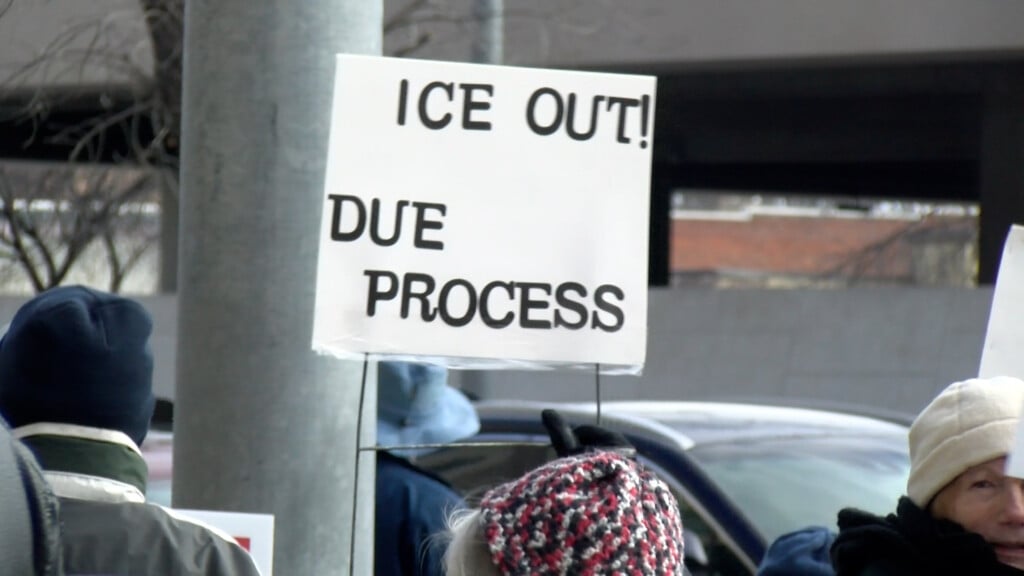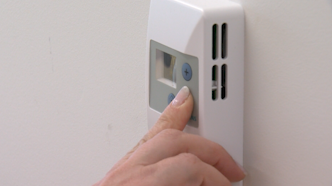Lincoln hospice nurse details death declaration process after nursing home mishap
LINCOLN, Neb. (KLKN) – Many questions are being raised after a Lincoln woman was taken to a funeral home still alive.
Constance Glantz, 74, was pronounced dead Monday morning at The Mulberry at Waverly, a nursing home.
After she was taken to the Butherus-Maser & Love Funeral Home, an employee discovered that Glantz was still breathing.
She was taken to a hospital, where she died later that day.
SEE MORE: Woman who was taken to Lincoln funeral home while still alive has died
So how was Glantz pronounced dead in the first place?
Officials don’t have the answer yet.
But a registered nurse at HoriSun Hospice in Lincoln said Tuesday that death looks very different for everyone, and it can often take a while.
“Some patients just close their eyes and go to sleep,” Robin Davenport said. “Some people, it’s a process.”
Glantz was not a HoriSun patient, but Davenport wants to help people understand the logistics behind a death pronunciation.
She said HoriSun has a set protocol when someone appears to be dead.
A nurse will check the patient for any signs of breathing.
Then, they will listen for a pulse for a full minute.
Finally, they check their pupils for a response to light.
“When all of that has ceased, then we will pronounce their time of death,” Davenport said.
Sometimes, patients can take a long time between breaths, and their heartbeat can feel slow or very faint.
The funeral home employee who noticed Glantz was still alive heard something called agonal breathing.
Davenport said it isn’t uncommon in hospice patients.
“Agonal breathing is an end-of-life type of breathing,” she said. “What happens is there are pauses. They can take deep breaths, there can be some gasping.”
In Nebraska, you must be — at minimum — a nurse to pronounce someone dead.
No one else is required to be in the room at the time.
The procedure after a death varies by county.
“In Lancaster County, the rules are once we get called out to a death and we’ve pronounced the patient, we call the Lancaster County sheriff, and they act as the coroner,” Davenport said. “A deputy will come out, we give them the information. They do an assessment of the body as well.”
In other counties, a deputy might not be the one to act as the coroner.



